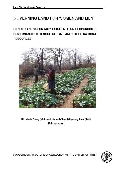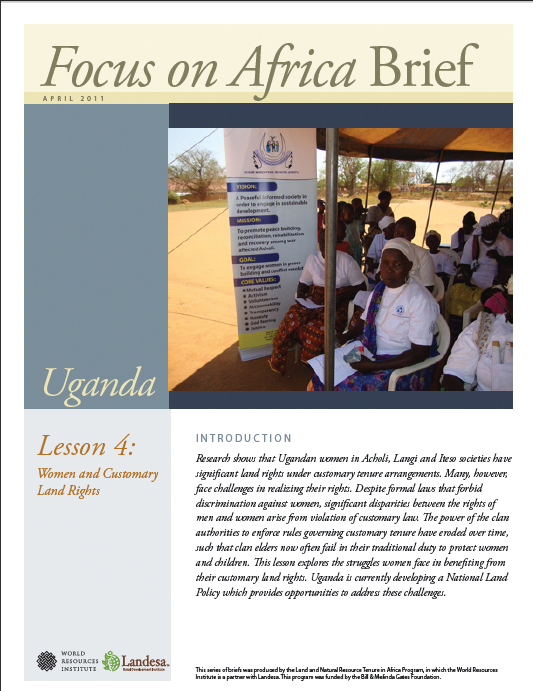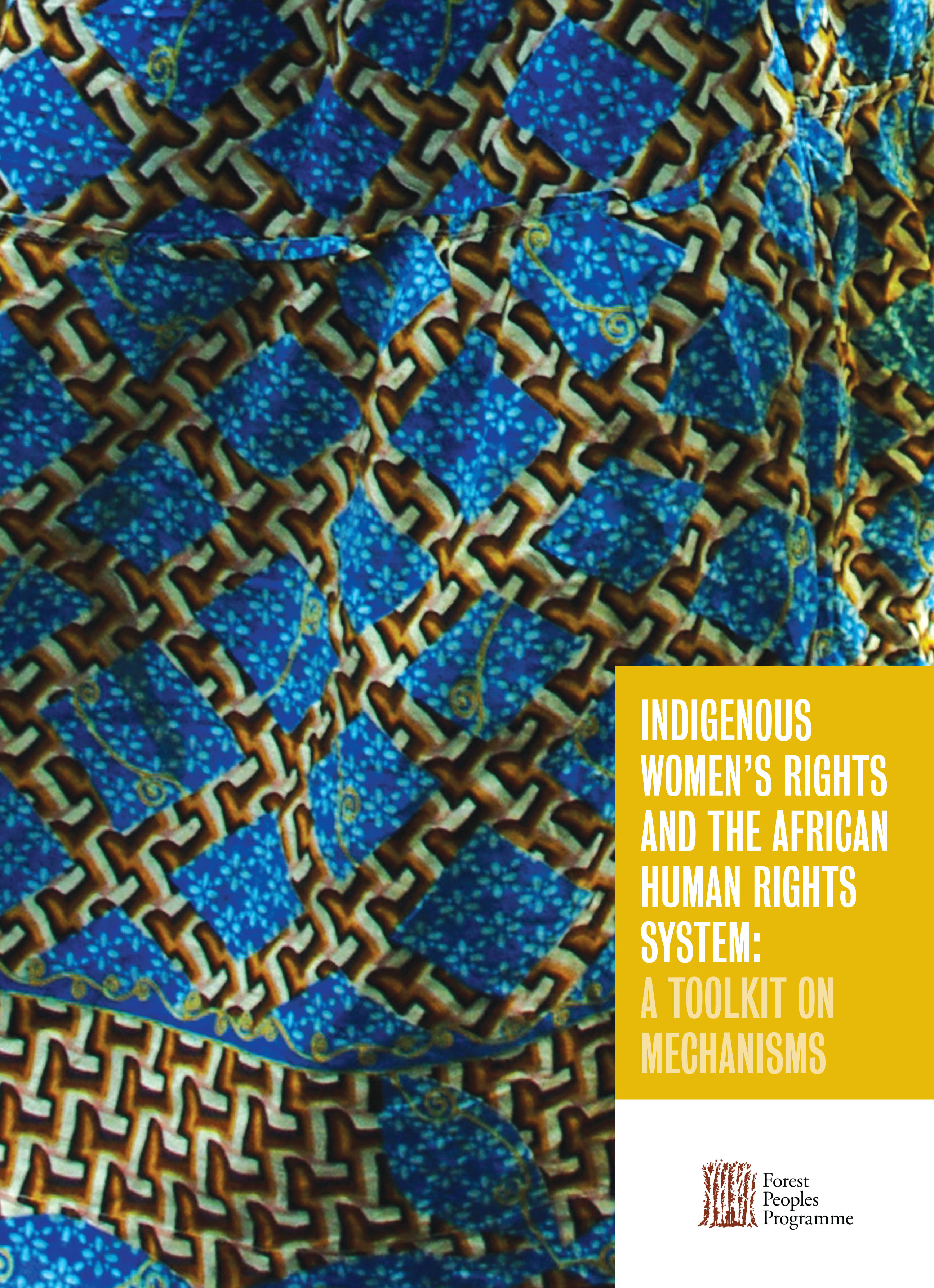Law of the People's Republic of China on the Contracting of Rural Land.
This Law has been formulated in accordance with the Constitution for the purpose of stabilizing and perfecting the two-level operation system, which is based the responsibility system of contracting by households supplemented by unified management, entitling the peasants to a long-term and guaranteed right to the use of land, protecting the legal rights and interests of the parties of the contracting of rural land, so as to improve the development of agriculture and the rural economy and stabilize the rural areas.







